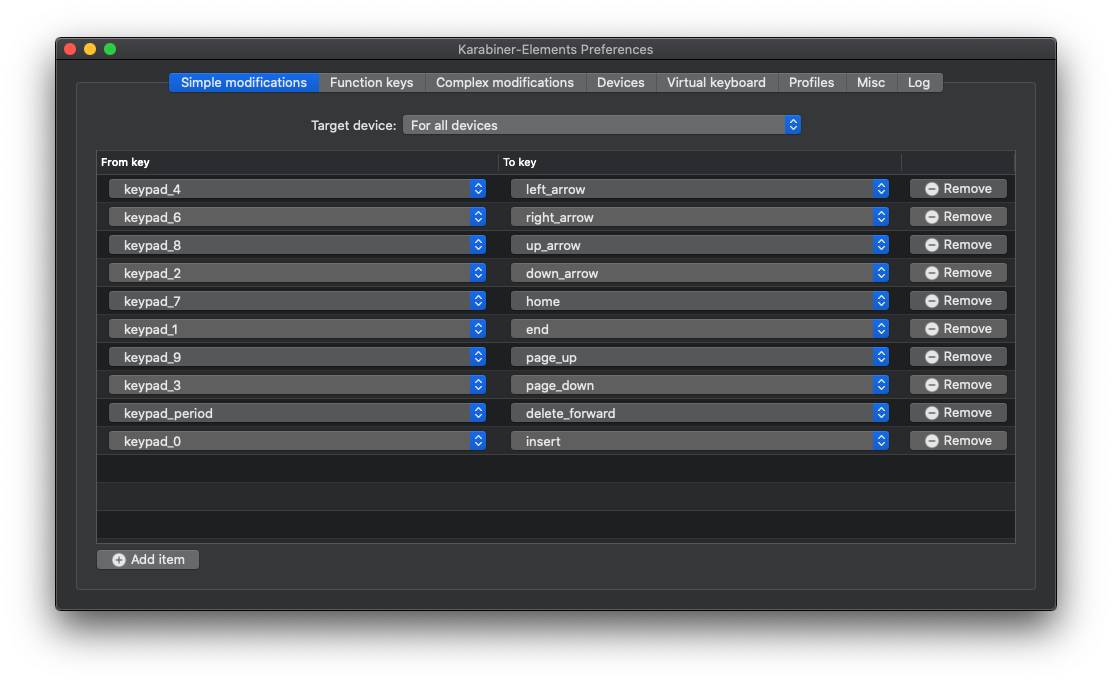Getting All Isolated Margin Symbols in PHP:
$api_key = "*****";
$secret = "*****";
$opt = [
"http" => [
"method" => "GET",
"header" => "User-Agent: Mozilla/4.0 (compatible; PHP Binance API)\r\nX-MBX-APIKEY: {$api_key}\r\n"
]
];
$context = stream_context_create($opt);
$params['timestamp'] = number_format(microtime(true)*1000,0,'.','');
$query = http_build_query($params, '', '&');
$signature = hash_hmac('sha256', $query, $secret);
$endpoint = "https://api.binance.com/sapi/v1/margin/isolated/allPairs?{$query}&signature={$signature}";
$res = file_get_contents($endpoint, false, $context);
echo $res;







